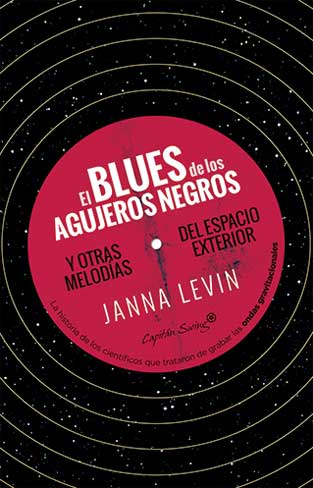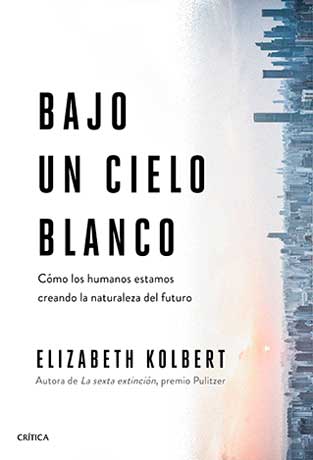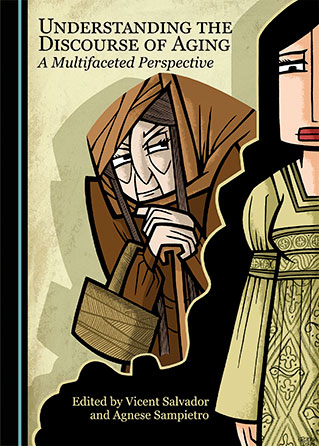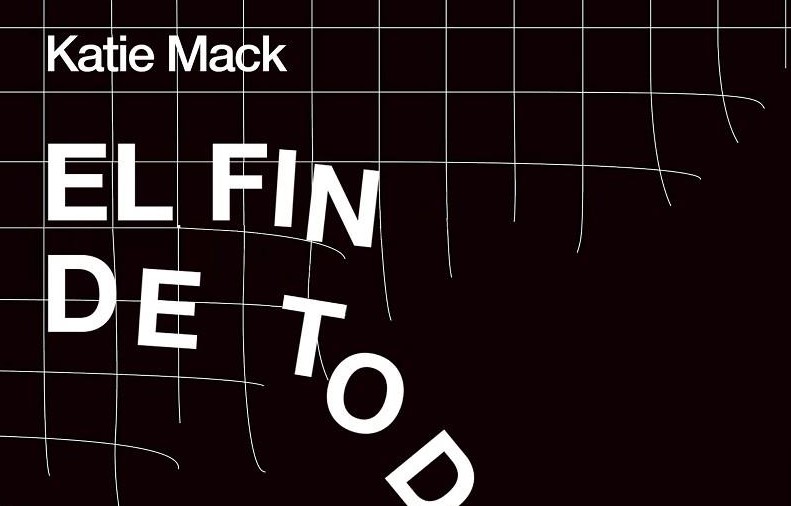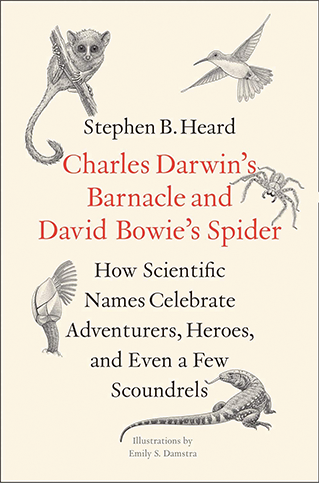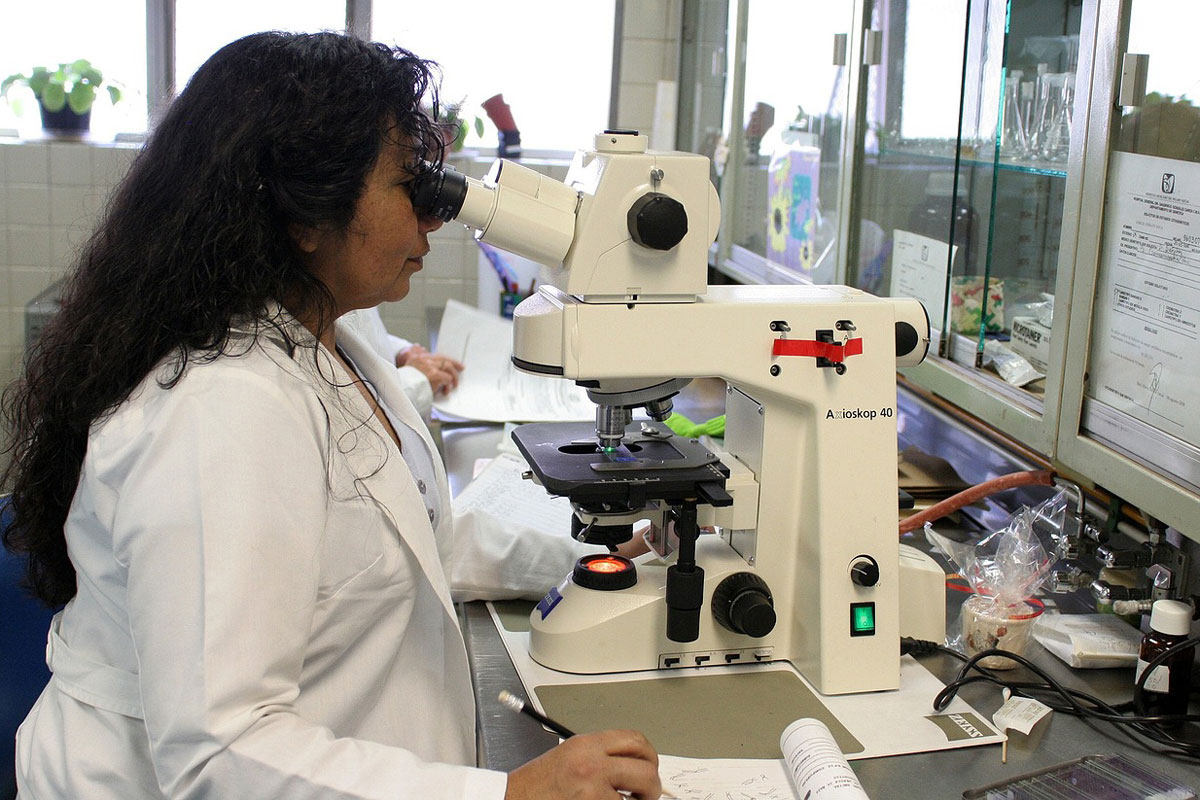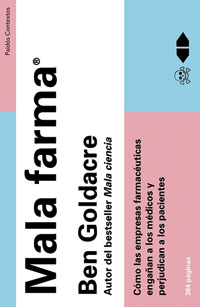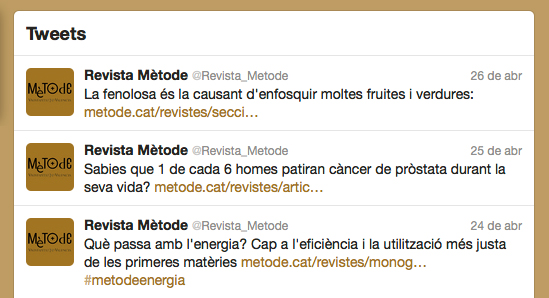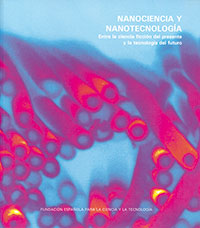Search
[caption id="attachment_111125" align="alignleft" width="250"] Charles Darwin's barnacle and David Bowie's spider. How scientific names celebrate adventurers, heroes, and even a few scoundrels. Stephen B. Heard. Yale University Press. New Haven,
The myth says that science has no ideology. Perhaps science doesn’t, but scientists certainly do. And this is even clearer with lay people, who do not suffer consequences for the
[caption id="attachment_14099" align="alignleft" width="200"] Mala farma. Cómo las empresas farmacéuticas engañan a los médicos y perjudican a los pacientes. Ben Goldacre. Paidós. Barcelona, 2013. 364 pages.[/caption] Finally, a book explaining the
© Mètode «There is very little literature in a poster. Just enough to make your work understood in a limited space» It could be named MUSA: Minimal Unit of Scientific Activity. Long
[caption id="attachment_20140" align="alignleft" width="200"] Nanociencia y nanotecnología. Entre la ciencia ficción del presente y la tecnología del futuro. José Ángel Martín Gago (coordinador) Fundación Española para la Ciencia y la

